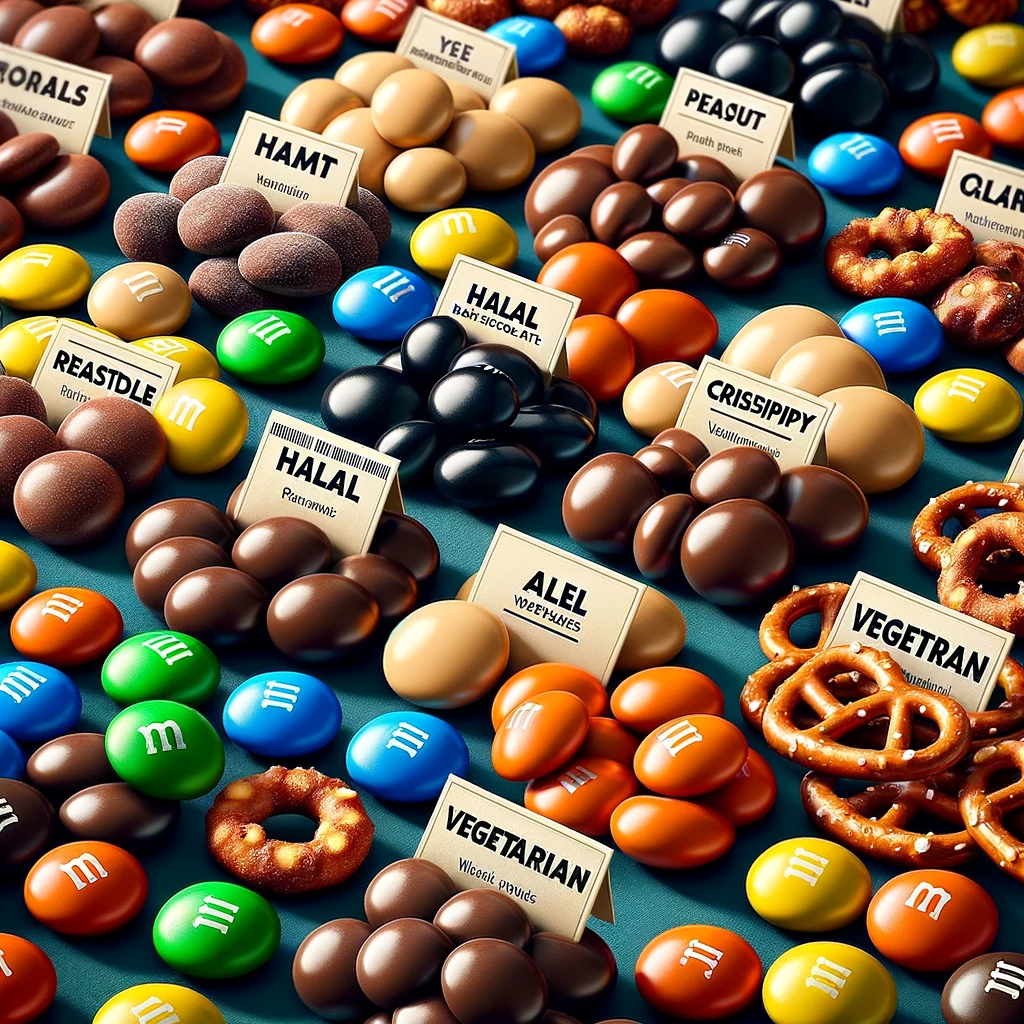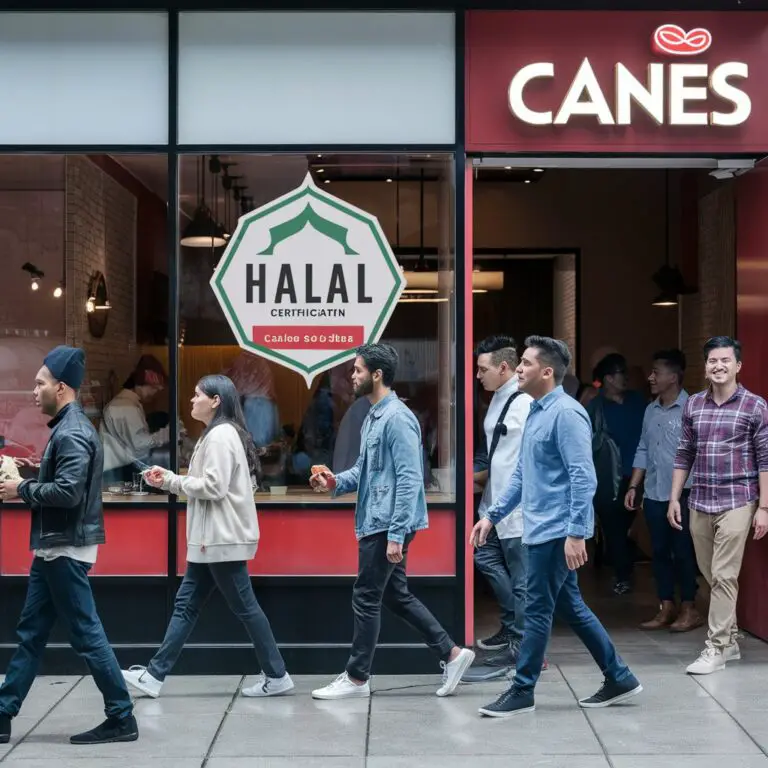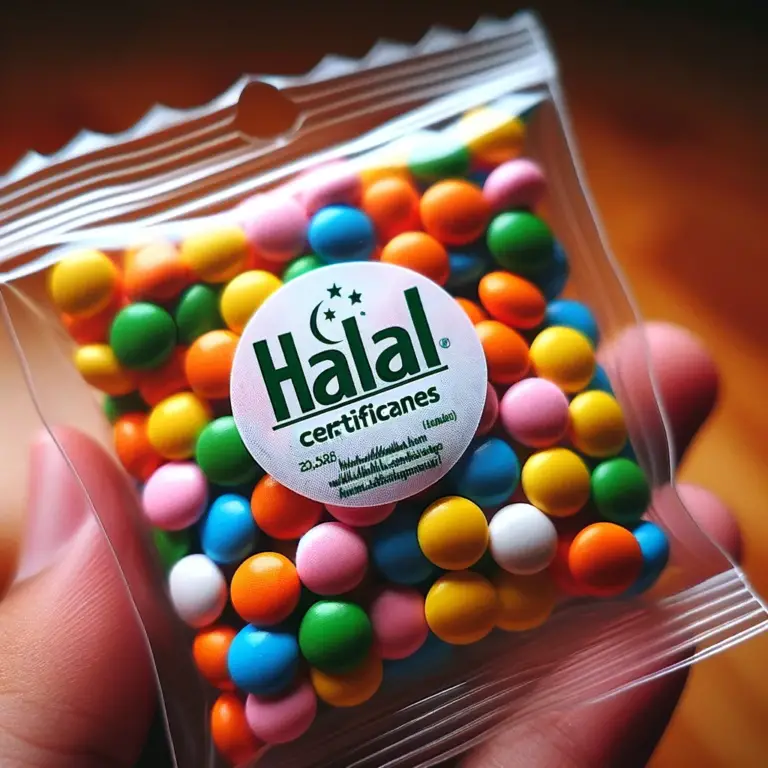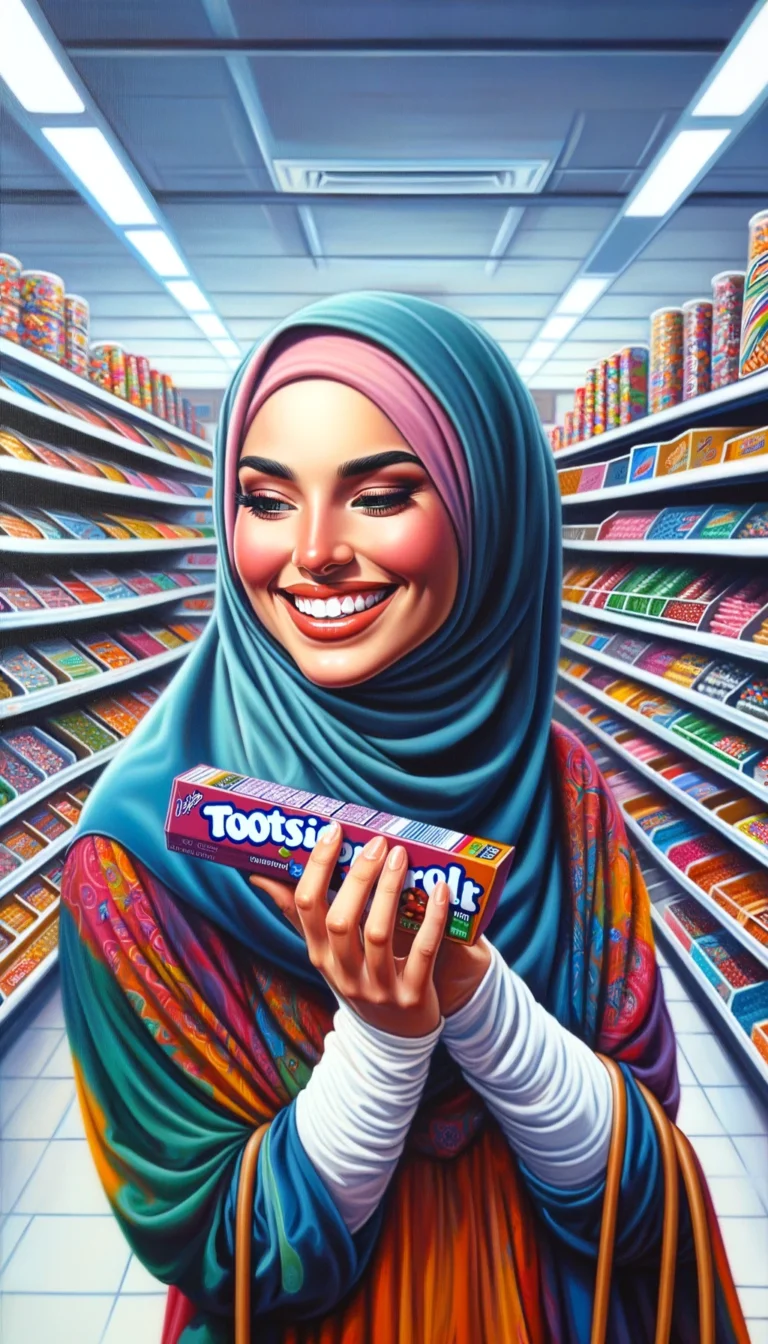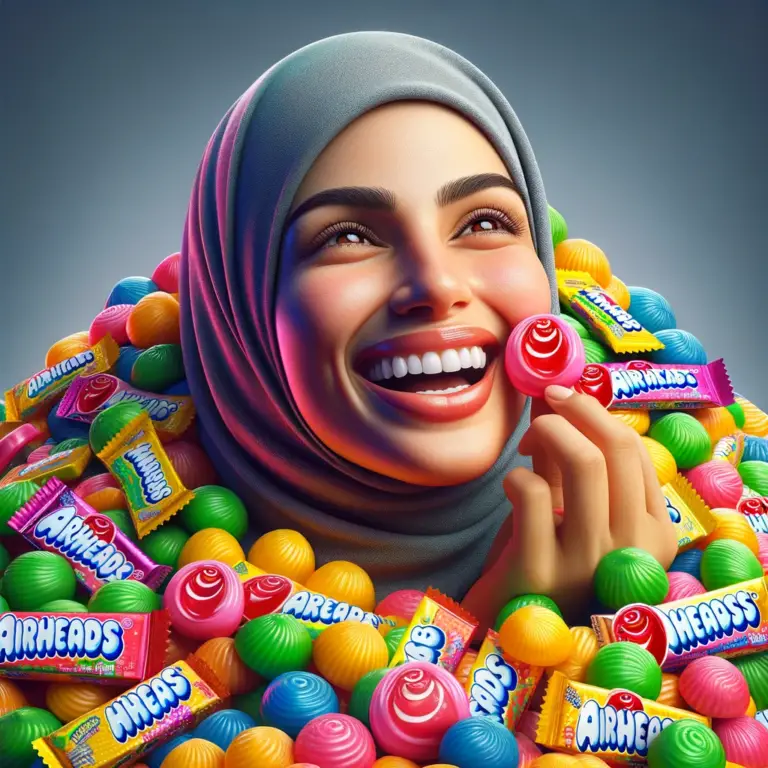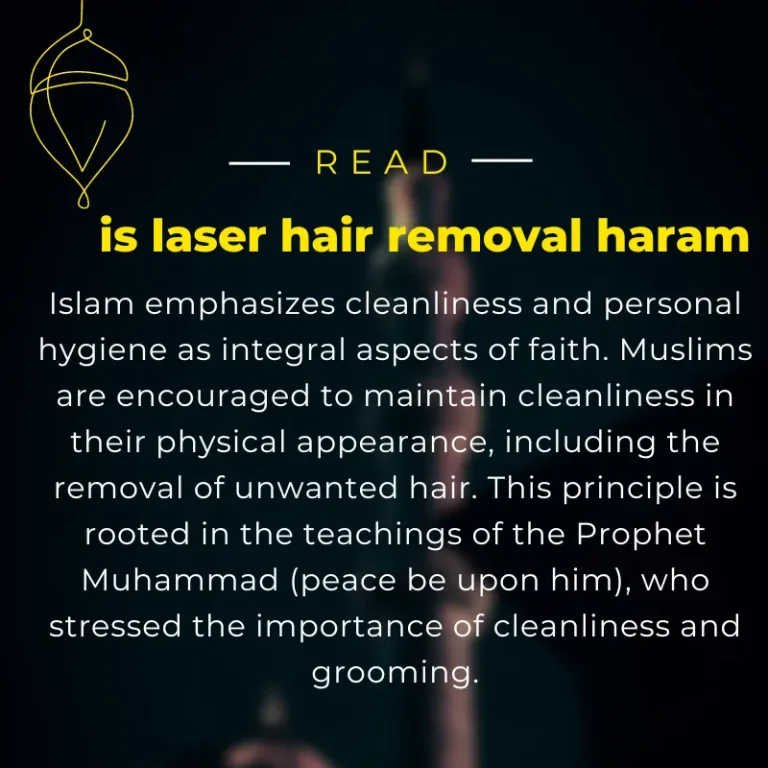Are M&Ms Halal?
M&Ms are one of the most popular chocolate candies around the world. With their colorful candy shells and chocolate centers, they have been enjoyed by children and adults alike for decades. But are M&Ms halal?
As Muslims, it is important for us to pay attention to the ingredients and manufacturing process of the foods we eat to ensure they adhere to Islamic dietary guidelines. In this article, we will take a comprehensive look at M&Ms to determine if they are halal-compliant.
An Overview of Halal Food Guidelines
Before looking specifically at M&Ms ingredients, let’s review some key halal food guidelines in Islam:
- Pork and pork by-products are haram. This includes bacon, ham, pepperoni, lard and gelatin derived from pigs.
- Alcohol is haram. Foods and drinks containing alcohol cannot be considered halal. However, there are some differing opinions on traces of alcohol caused by natural fermentation processes.
- Meat must come from a halal slaughtered source. The animal must be slaughtered by a Muslim reciting Tasmiya/Shahada.
- Intoxicants and mind-altering substances are forbidden. This includes narcotics, marijuana, opiates and other addictive drugs.
- Blood and blood by-products are haram. This includes blood plasma, hemoglobin and blood cell derivatives.
Now let’s analyze the ingredients in M&Ms through the lens of these halal standards.
Ingredients Analysis
The exact ingredients used in M&Ms differ slightly depending on the variety and country. But in general, the main ingredients are:
Milk Chocolate
The chocolate center of M&Ms is made from milk chocolate. The ingredients of milk chocolate typically include:
- Cocoa butter: The natural fat derived from cacao beans. Halal-compliant.
- Cocoa solids: The non-fat component of chocolate made from roasted cacao beans. Halal-compliant.
- Sugar: Usually from cane or beet. Halal-compliant.
- Milk: Usually from cow, goat or sheep. Halal if derived from halal slaughtered animals.
- Emulsifiers: Used to blend ingredients. Common emulsifiers like soy lecithin and PGPR are halal.
- Vanillin: Artificial vanilla flavoring. Halal-compliant.
So the chocolate ingredient in M&Ms does not contain any haram substances. As long as suppliers confirm the milk is sourced from halal-slaughtered animals, the chocolate would meet halal standards.
Candy Shells
The crunchy candy shells enclosing the chocolate center are made up of:
- Sugar: Common halal-compliant sweetener
- Titanium dioxide: Mineral-based colorant. Halal-compliant.
- Gum arabic: Thickener derived from the sap of acacia trees. Halal-compliant.
- Carnauba wax: Glazing wax from palm leaves. Halal-compliant.
- Shellac: Resinous glaze from lac beetles. There is some dispute over shellac’s halal status. More details below.
- Confectioner’s glaze: Clear coating made from various sources. Further analysis needed.
- Coloring: Varying artificial colorants. Common ones like blue 1 lake, red 40 and yellow 5 lake are halal. But source needs confirmation.
As we can see, most M&M shell ingredients are halal-compliant. The uncertainty lies with shellac, confectioner’s glaze and the external coloring.
Shellac
Shellac is a resin secreted by the lac insect. It gives candy shells their shiny glaze.
Most scholars permit shellac in candies since it undergoes complete chemical transformation into a new substance. But some conservative groups consider it unclean since it derives from insects.
Confectioner’s Glaze
This edible wax coating comes from various sources:
- Lac resin: Secretion of lac insects. Same halal concerns as shellac.
- Plant waxes: Like carnauba wax. Halal-compliant.
- Resin: Plant-derived, halal-compliant.
- Shellac: Already discussed above.
Without knowing the exact source of confectioner’s glaze in M&Ms, we cannot definitively determine its halal status. Manufacturers would need to disclose the glaze ingredients.
Coloring
The artificial coloring used in candy shells must also come from halal-compliant sources, not animal-derived ones. Manufacturers should confirm no carmine, cochineal or other insect colorants are used.
Manufacturing Process

Analyzing ingredients is only one part of determining whether M&Ms are halal. We must also consider the manufacturing process:
- Equipment sanitation: Machines should be thoroughly cleaned between runs to prevent cross-contamination with haram substances from previous batches.
- Origin of dairy ingredients: Milk and milk derivatives must come from properly slaughtered halal animals. Most manufacturers in Muslim countries have halal certification bodies audit dairy suppliers.
- Alcohol and alcohol-based ingredients: There should be no ethyl alcohol used as an ingredient, processing aid, filtering agent or solvent. But food-grade alcohol naturally present or added for some functional purpose may be permissible depending on one’s school of thought. Manufacturers would need to provide details.
So proper halal assurance requires transparency from M&M manufacturers on cleaning procedures, supplier screening and disclosure of minor ingredients added during processing.
Differences Between M&M Varieties
There are over 20 varieties of M&Ms candies tailored to global consumer tastes. The ingredients can vary substantially between them.
For example, milk chocolate M&Ms contain animal derivatives while dark chocolate M&Ms use vegetable-based emulsifiers. Consumer preferences also influence recipes:
| Variety | Key Differences |
|---|---|
| Peanut M&Ms | Contain nuts which are halal |
| Crispy M&Ms | Have malt added which must be from halal barley |
| Pretzel M&Ms | No animal-based ingredients |
| Mega M&Ms | Larger size with similar base as original |
| Dark chocolate M&Ms | Use halal vegetable-based emulsifiers |
And limited edition seasonal flavors often introduce ingredients like caramel, peanut butter or holiday spices that require separate halal assessment.
So when determining if a particular M&Ms product is halal, the exact formulation and ingredients must be reviewed carefully rather than assuming all varieties meet halal standards.
M&Ms Fatwa Rulings
Several major halal certification bodies have analyzed M&Ms manufacturing processes and issued opinions on their permissibility for Muslims:
| Halal Authority | Fatwa Ruling |
|---|---|
| JAKIM (Malaysia) | Certified halal manufacturing facilities as meeting MS1500 standards |
| MUIS (Singapore) | Approved halal application for local manufacturing |
| MUI (Indonesia) | Granted halal certification for facilities in Indonesia |
| SMIIC (Saudi Standards Body) | Accredited M&Ms halal compliance through site audits |
| ICC Services (Europe) | Confirmed no haram or mushbooh ingredients used in EU manufacturing |
These certification bodies have rigorous criteria and audit food production facilities directly. Their halal certification lends credibility to M&Ms having a compliant manufacturing process.
However, Muslims still need to exercise some caution with uncertified global brands as recipes can vary across markets and change frequently. Manufacturers should provide more transparency on minor ingredients and processing aids to resolve uncertainty.
Are M&Ms Vegetarian?
M&Ms chocolate centers contain milk, so plain M&Ms are not vegetarian or vegan. However, Mars Inc. does produce specific M&Ms varieties suitable for vegetarians and vegans:
1. Peanut M&Ms
The chocolate center uses non-animal based emulsifiers, making this variety suitable for vegetarians. The peanuts are also vegetarian.
However, the candy shells likely contain confectioner’s glaze from an unknown source. So peanut M&Ms cannot be considered 100% vegetarian or vegan.
2. Dark Chocolate M&Ms
These are vegan-friendly as they contain no milk ingredients or animal derivatives. The chocolate uses non-animal emulsifiers and cocoa butter.
However, uncertainty around shellac and shell ingredients remains, so dark chocolate M&Ms cannot be deemed completely vegan either.
Are M&Ms Dairy-Free?
Plain M&Ms are not dairy-free as they contain milk chocolate, an obvious dairy ingredient.
But some varieties like peanut, pretzel and dark chocolate M&Ms do not contain milk ingredients. Their status as “dairy-free” depends on strictness of definition.
Some consider dairy-free to mean completely free of any milk-related ingredient while others define it as containing no actual milk. Under the looser definition, non-milk varieties of M&Ms could be considered dairy-free.
However, given allergen labeling laws, M&Ms containing any milk-derived ingredients (like chocolate) have to disclose that they “contain milk”. So most common varieties of M&Ms cannot claim to be dairy-free.
Do M&Ms Contain Gelatin?
Gelatin is a common food additive made from collagen extracted from various animal byproducts. Since the collagen source is often pork, gelatin raises the question of whether items containing it can be halal.
In the case of M&Ms, gelatin or any gelatin-based ingredient does not seem to be used. A review of numerous ingredient labels for different M&Ms varieties uncovered no mention of gelatin.
However, in some countries, the stamps imprinted on M&Ms candies contain small amounts of gelatin to set the imprint. Muslim consumers would need to avoid any gelatin-stamped varieties. Manufacturers should ideally replace gelatin stamps with vegetarian alternatives.
Are M&Ms Gluten-Free?
M&Ms chocolate candies themselves do not contain any gluten-based ingredients and seem to be formulated as gluten-free products.
However, from a certification perspective, Mars Inc. indicates on M&Ms labeling that their products are “manufactured in facilities that process other foods containing wheat, milk, egg, soybeans, peanuts, tree nuts, fish and shellfish“.
So there is a small risk of gluten cross-contamination from other candy products made alongside M&Ms. Individuals with celiac disease or extreme gluten sensitivity should exercise caution and consult their physician about tolerable thresholds for cross-contact.
For the general public without medical restrictions though, M&Ms chocolate candies can likely be safely considered free of gluten content from their ingredients.
Do M&Ms Contain Nuts?
Most standard varieties of M&Ms like the milk chocolate and crispy varieties do not contain nuts. However, some special varieties do:
- Peanut M&Ms – Contain roasted peanuts
- Pretzel M&Ms– May contain traces of peanuts from cross-contamination
- Nutrageous Bars: Combine M&Ms with peanuts and almonds
So individuals with peanut or tree nut allergies need to avoid the varieties that specifically contain nuts as ingredients. Cross-contamination may also be a risk from shared equipment.
Are M&Ms Egg-Free?
M&Ms ingredients do not include whole eggs, egg whites or egg yolks. So the candies themselves would be considered egg-free.
However, like gluten, there is still a possibility of trace egg contact from particles in the factory environment. Individuals with egg allergies should take precautions and check with manufacturers about shared equipment.
Do M&Ms Contain Pork or Beef?
M&Ms do not contain any pork, beef or meat ingredients. However, certain varieties contain milk chocolate or milk derivatives. As discussed earlier, the milk would need to be sourced from properly slaughtered halal animals.
Outside of dairy ingredients, M&Ms chocolates are free from any pork or animal fat. But Muslim consumers do need assurances that manufacturing equipment is thoroughly cleaned between candy batches, including after any products containing pork byproducts.
Final Determination
Based on this comprehensive analysis, the verdict on standard M&Ms containing milk chocolate is that they can be considered halal if the dairy ingredients come from halal-slaughtered animals.
The minor uncertainties around shellac, confectioner’s glaze and coloring would not automatically make them haram but do require further disclosure from manufacturers.
Varieties without milk chocolate like dark chocolate M&Ms are safer for more conservative consumers but also require ingredient transparency about additives and shared manufacturing.
So in summary, mainstream scholars would permit properly manufactured M&Ms, especially given the halal certifications of facilities in Muslim countries. But stricter groups and individuals may prefer to exercise caution or eat certified halal brands only.

